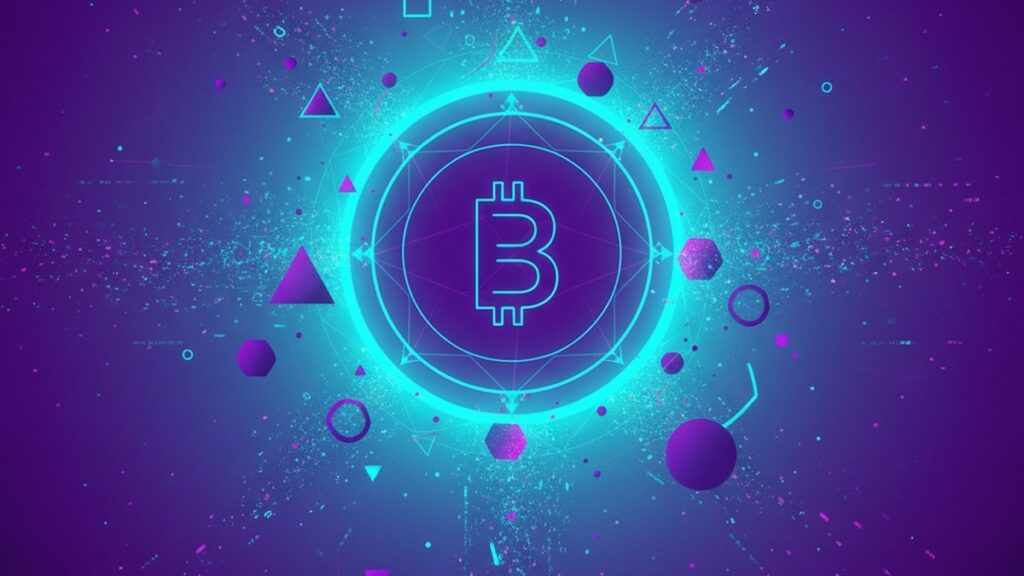Vietnam’s Financial Shake-Up: The Case for Bitcoin
In a move that has sent ripples through the financial sector, Vietnam has decided to close an astounding 86 million bank accounts that failed to meet biometric verification standards. This bold step by the Vietnamese government has reignited the conversation surrounding the necessity and benefits of decentralized finance, with many crypto enthusiasts touting Bitcoin as the ultimate solution.
The Decision’s Immediate Impact
For a nation with a population of approximately 98 million, the closure of 86 million accounts is nothing short of seismic. The Vietnamese authorities have cited security concerns as the primary reason for their stringent biometric requirements, aiming to curb fraud and ensure that account holders are who they claim to be. Unfortunately, not everyone has managed to comply with these new standards, leading to a large portion of the population losing access to traditional banking services.
These closures have raised questions about the accessibility and inclusivity of the country’s financial system. Many citizens, particularly those in rural areas, have struggled with the transition to biometric verification, which often requires access to technology and infrastructure that simply isn’t available to them. Consequently, the affected individuals are left in a precarious position, unable to perform basic financial transactions or safeguard their savings.
Crypto Advocates Weigh In
In the wake of this upheaval, Bitcoin supporters have been vocal about what they see as an inherent flaw in traditional banking systems. They argue that Bitcoin, which isn’t tied to any central authority and doesn’t require physical identification for transactions, offers a viable alternative for those who have been disenfranchised by the recent closures.
Bitcoin’s decentralized nature means that it operates independently of government and institutional control. Users can store their wealth securely without the need for an intermediary, and they can transact globally with minimal fees. This autonomy and accessibility make cryptocurrencies particularly appealing in situations where traditional banking systems falter.
The Broader Implications
While the situation in Vietnam highlights potential vulnerabilities in conventional banking systems, it also underscores the importance of financial literacy and technological access. Critics of the government’s decision argue that more should have been done to educate and assist the population in transitioning to the new biometric system rather than taking such drastic measures.
On the other hand, supporters of the policy maintain that the rigorous standards are necessary to protect against identity theft and other forms of financial fraud. They see it as a progressive move towards a more secure financial environment, albeit one that has caused short-term disruption.
Bitcoin: A Double-Edged Sword?
Despite the many advantages that Bitcoin and other cryptocurrencies offer, it’s essential to consider the challenges that come with adopting such technologies. Cryptocurrencies are often criticized for their volatility, with prices subject to dramatic fluctuations that can result in significant financial loss. Moreover, the anonymity provided by Bitcoin has been exploited for illegal activities, drawing scrutiny from governments worldwide.
However, proponents argue that the volatility of Bitcoin has decreased over time as the market matures and adoption increases. They also point out that the transparency of blockchain technology, which records every transaction on a public ledger, can serve as a powerful tool against fraud and corruption.
Looking Ahead
Vietnam’s decision to close millions of bank accounts has certainly sparked a broader conversation about the future of finance. As the world becomes increasingly digital, the need for a financial system that is both secure and accessible is more pressing than ever.
The situation presents an opportunity for cryptocurrencies like Bitcoin to demonstrate their value in providing financial services to the unbanked and underbanked populations. By offering a decentralized alternative, Bitcoin could potentially bridge the gap left by traditional banking systems, especially in regions where access to such services is limited.
Conclusion
It’s clear that Vietnam’s financial shake-up has far-reaching implications, not just for its citizens but for the global financial landscape. Whether this will lead to greater Bitcoin adoption in Vietnam and beyond remains to be seen. What’s certain is that the conversation around decentralized finance is far from over, and as technology continues to evolve, so too will the ways in which we access and manage our money. As the world watches, Vietnam’s bold move may well set the stage for a new era in financial inclusion and innovation.

Steve Gregory is a lawyer in the United States who specializes in licensing for cryptocurrency companies and products. Steve began his career as an attorney in 2015 but made the switch to working in cryptocurrency full time shortly after joining the original team at Gemini Trust Company, an early cryptocurrency exchange based in New York City. Steve then joined CEX.io and was able to launch their regulated US-based cryptocurrency. Steve then went on to become the CEO at currency.com when he ran for four years and was able to lead currency.com to being fully acquired in 2025.




